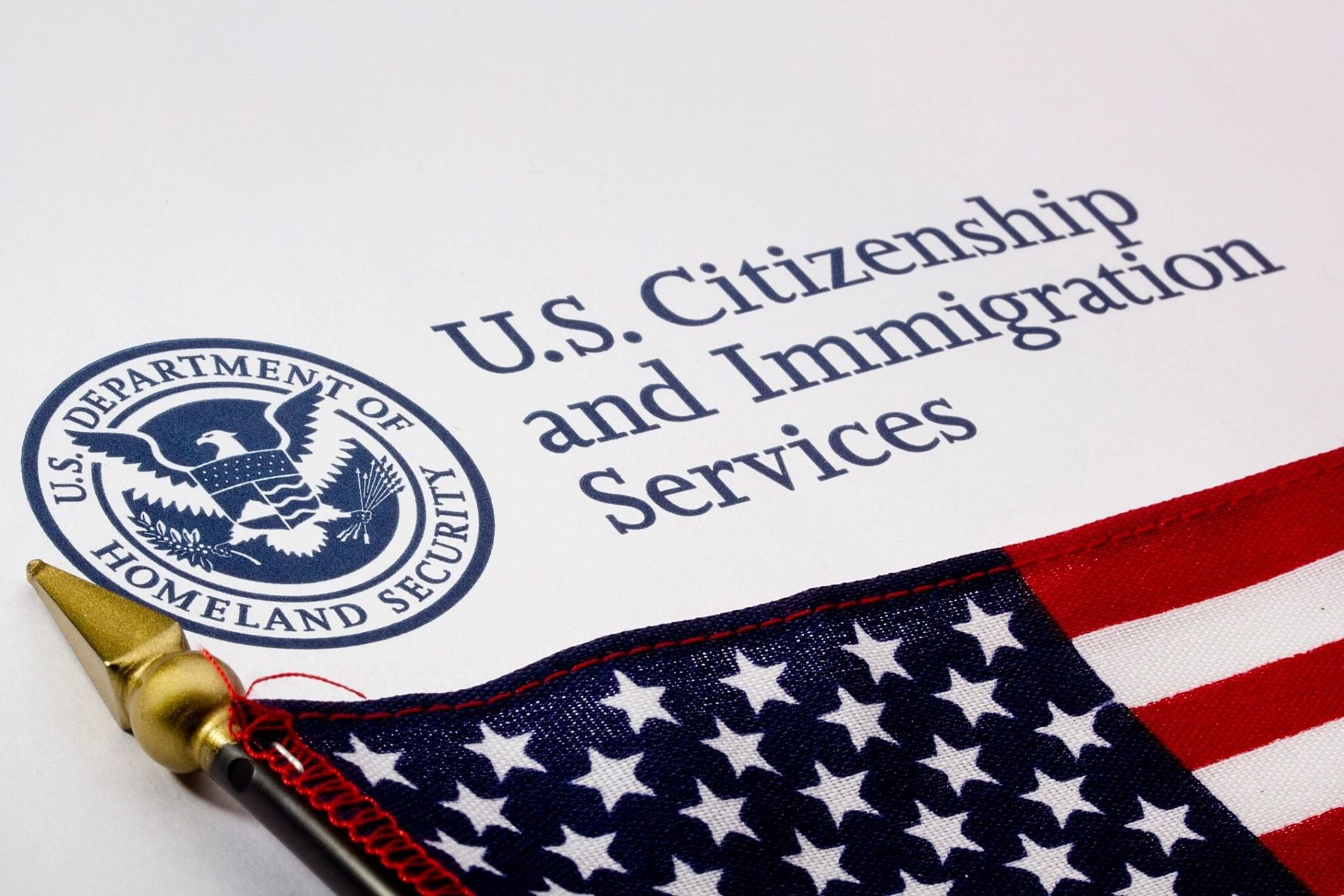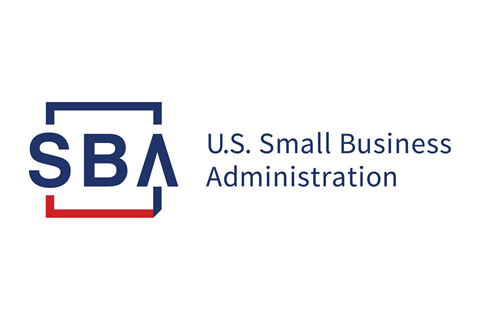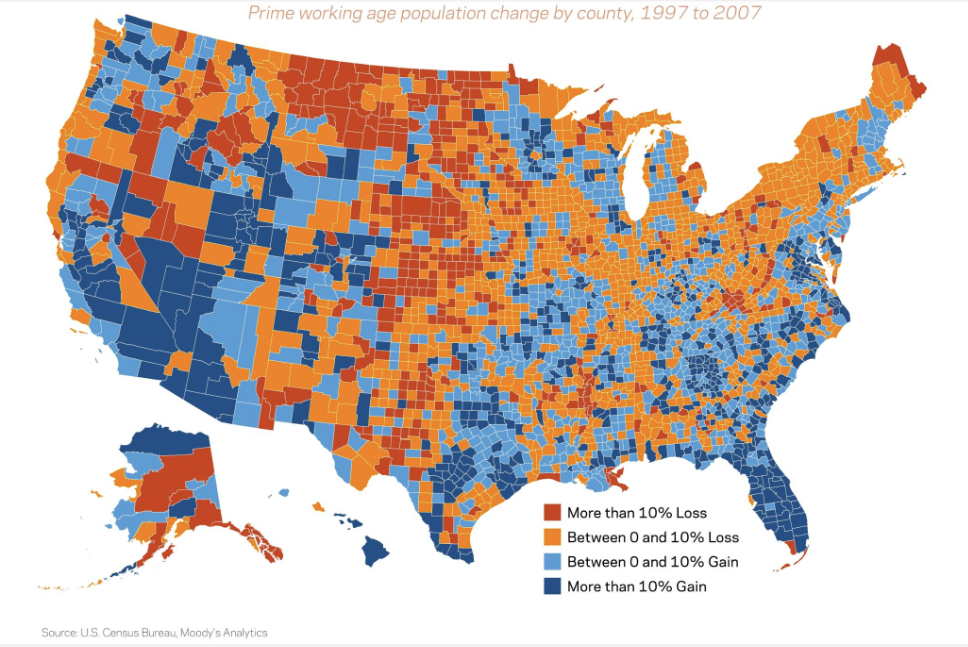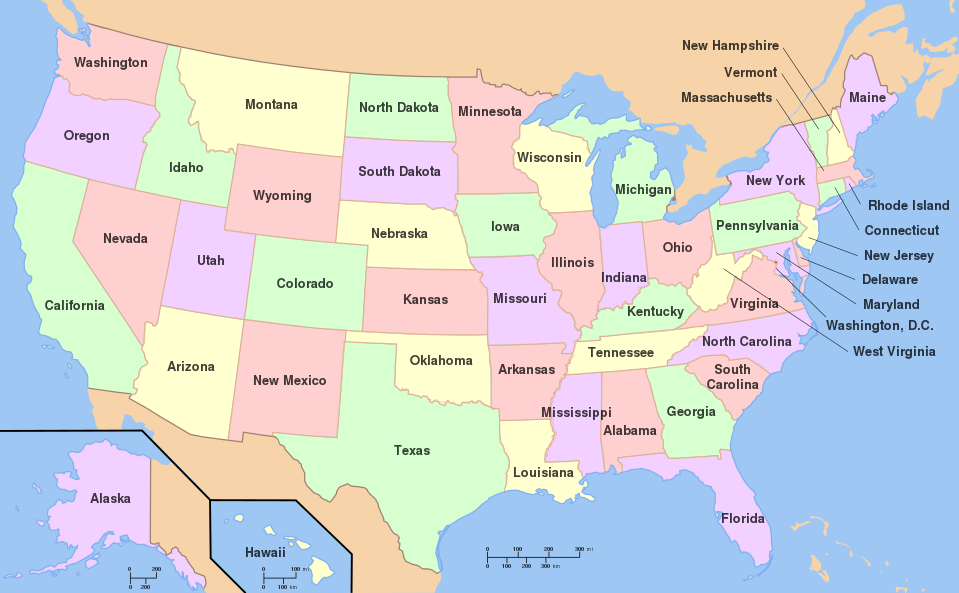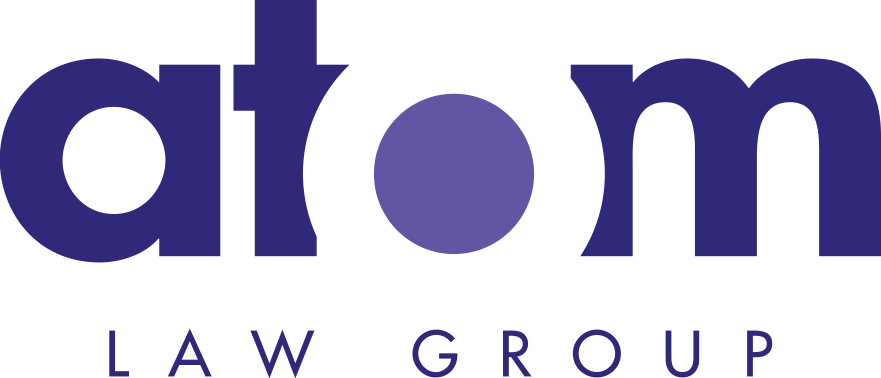What To Know About The Public Charge Rule
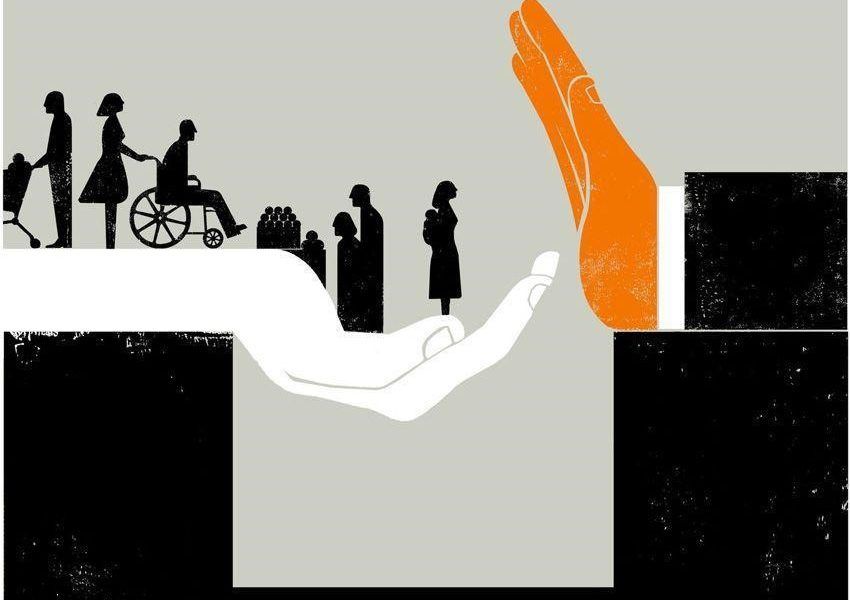
On Monday, February 24, 2020, the U.S. Citizenship and Immigration Services rolled out the Public Charge Rule. While our county’s primary immigration law, today, is still the Immigration and Nationality Act of 1952, the new Public Charge Rule brings a seismic change in the immigration process as we know it.
The federal government’s final rule on the public charge ground of inadmissability adds an additional and very significant element to the adjudication of an immigrant’s residency and citizenship applications. It targets the economic background of those who are non-citizens and aren’t permanent residents. How? Applicants will now be asked to report information and documentation of their credit score and report, financial liabilities including mortgage, credit card payments, student loan debt, tax liens, and any public benefits used such as Medicaid, SNAP (food stamps), and subsidized housing benefits.
Why? In the USCIS’ own words, “self-sufficiency has long been a basic principle of U.S. immigration law.” Requiring citizenship and green card applicants to report such information, the USCIS explains, “clarifies the factors considered when determining whether someone is likely at any time in the future to become a public charge.” If the determination is made that an applicant is likely to be a financial burden to the U.S. and its tax-paying citizens, then the applicant may be ineligible for admission or adjustment of status.
What this means for immigration attorneys is more work for, presumably, fewer clients. In addition to the current USCIS forms used to apply for and acquire, first, a green card, and then citizenship, immigration attorneys will now have to prepare the USCIS’ Form I-944 – and 18-page form which will require the preparation and submission of proportionately more exhibits, or evidences of the requested information.
As a law firm that practices immigration law and an advocate for immigrants of all ethnic, cultural, religious, and economic backgrounds, it’s not the extra work that concerns us. It’s that the new rule furthers the discrimination of those who want to come to this country for economic opportunity. They leave their home countries for precisely the opposite reason, and rendering them inadmissable through this lens is un-American.
Ironically, experts estimate that the U.S. economy will suffer from the Public Charge rule. Either way, all we can do within the scope of immigration law is our best, and we will continue to do so.


